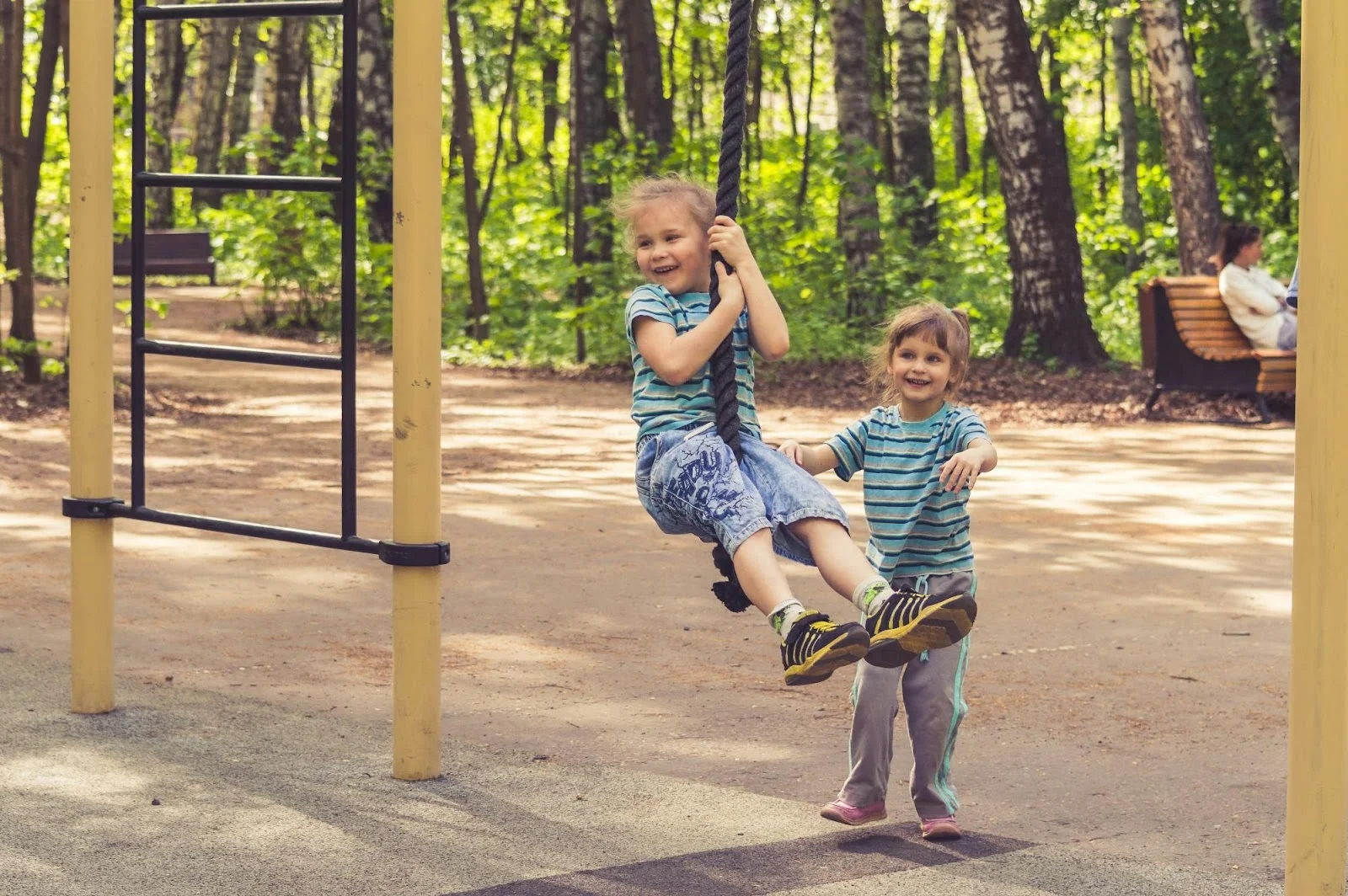Children with autism spectrum disorder often face unique challenges when it comes to social interaction. Autism affects communication skills, which can impede the ability to form relationships and navigate social situations. Social skills training becomes crucial in teaching children how to interact effectively with others. Through specialized programs, kids with autism can learn nuances of conversation, understand emotional cues, and gain the confidence needed in social settings. Keep reading to explore how this training works and profoundly impacts children’s development.
Understanding Autism and the Importance of Social Skills Training
Autism is a developmental disorder characterized by difficulties in social interaction and communication and restricted and repetitive behavior. The disorder’s spectrum nature means children are affected in various ways and intensities. For many, the subtleties of social interaction do not come naturally. This is where social skills training becomes integral, as it offers a structured way for children to learn and practice these skills.
Social skills for autistic children include understanding body language, developing conversation skills, and making friends. These are foundational skills that benefit children throughout their lives. The training is tailored to address each child’s specific needs and abilities, ensuring they acquire the most relevant and challenging skills.
The goal of social skills training is not to change the fundamental nature of children with autism but to provide them with tools to navigate a world built on social interactions. The theme is empowerment—empowering children to understand their social environment and how to engage with it successfully. The training often involves a combination of behavioral and play therapy therapies and can be delivered in group or one-to-one settings.
Consequently, the demand for effective social skills training is high, and providers continuously seek to improve their approaches. 360 Behavioral Health offers social skills training in California, a robust region with various programs highlighting the importance of access to quality interventions for families affected by autism.
The Impact of Social Skills Training on Autistic Children’s Development
The effects of social skills training on children with autism are multifaceted. Improved social competence can lead to increased peer acceptance, which is vital for building self-esteem and a sense of belonging. Children who participate in social skills training learn to foster relationships, a core aspect of their development and well-being.
Another impact is decreased negative behaviors often associated with frustration from social misunderstandings. Behavioral issues typically decrease when children learn how to communicate their needs and understand others. This creates a more harmonious learning environment for the child, peers, and educators.
The long-term benefits are significant, as social skills lay the foundation for success in adulthood. Gaining proficiency in social interaction means children with autism can navigate the workplace and personal relationships more effectively in the future. It invests in the child’s capacity to live an independent and fulfilling life.
Moreover, families of children with autism also report positive changes thanks to social skills training. When children become more adept at social interaction, family dynamics can improve, with reduced stress and enlivened family participation in community activities. The holistic impact of social skills training underscores its profound importance within autism care.
Overcoming Challenges and Measuring the Success of Social Skills Training Programs
Despite the clear benefits, social skills training can face hurdles. One significant challenge is ensuring consistency and generalization of skills across different environments. To address this, training should involve a variety of settings and participants to ensure that children can transfer the skills they learn to their everyday lives.
Another challenge is the individual nature of autism. What works for one child might not work for another, necessitating a high degree of personalization in the training programs. This requires skilled practitioners who can modify techniques and approaches to suit each child’s unique needs.
Measuring the success of social skills training can be just as nuanced as the training itself. Progress often manifests in subtle improvements in behavior or confidence, which can be quantifiable through ongoing assessments and feedback from multiple sources, including parents, teachers, and children.
Finally, resources and access remain obstacles in many communities. Adequate funding, insurance coverage, and informational outreach are necessary to overcome these barriers and provide social skills training to all who need it. In doing so, communities can ensure that every child with autism receives the support they need to thrive socially.
Altogether, social skills training plays a pivotal role in helping autistic children navigate social interactions, leading to improved relationships, communication, and overall development. By addressing individual needs and ensuring consistent application across different environments, this training empowers children with autism to thrive in childhood and adulthood.

Ruby Stauffer is a prominent technology blogger known for her insightful analysis and in-depth reviews of the latest tech trends and gadgets. Her blog has become a go-to resource for tech enthusiasts seeking reliable information and expert opinions on the ever-evolving world of technology.

